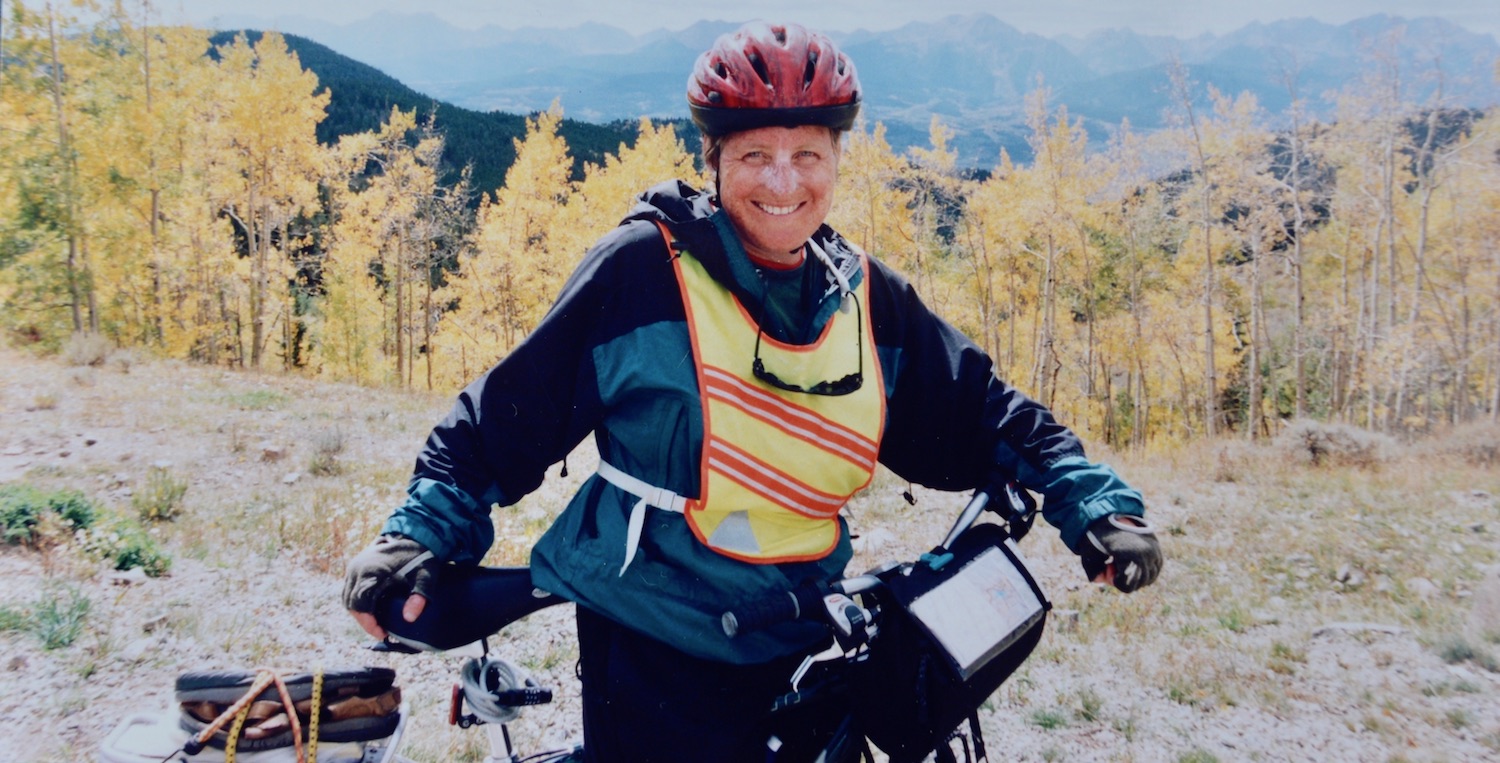
A writer is a writer is a writer. Right? Not necessarily.
As a longtime news reporter, I know that not all writing projects call for the same approach, voice or tone. That became abundantly clearer when I took a professional detour to tell my intensely personal story in Outpedaling ‘The Big C’: My Healing Cycle Across America.
During a recent online discussion about my book sponsored by the D.C. Public Library, one astute participant asked me to spell out the differences between writing a memoir and news and feature articles. Oh so many, I told him, trying to condense my answer to a few brief, pithy sentences because so many other digital hands were raised in the chatbox that has permeated these pandemic times.
I’ve been thinking about his question since then, however, because I wanted to flesh out those first thoughts that popped into my head during that invigorating evening event.
Egads, turning out a memoir from the heart and soul required a role reversal of sorts. I had to ask myself the difficult, probing and uncomfortable questions I had launched at news sources throughout my career. And not only that, I had to answer them succinctly and honestly in full sentences that would capture a reader’s attention.
In other words, I had to expose myself, not somebody or something else.
This is all counter to what’s drilled into you in journalism school and by news editors: Stay out of the story. You’re there to observe and report, not be the featured subject.
One reason it took me so long to write Outpedaling is because just the idea of project so big, unwieldy and somewhat undefined terrified me. Sometimes I was paralyzed by thinking, “Well, Elizabeth, what if you do spill all your words and thoughts in what you think is perfect fashion and nobody cares? Or what if everybody laughs or dismisses it as drivel best left hidden in a personal journal?”
So, why did I make myself squirm by proceeding?
The old saw is that writers write to make sense of the world. I realized that completing my continental bike ride was just the start of the excavating I needed to do to understand my own odyssey with cancer first diagnosed in my 20s and losing my father to the same disease, melanoma, when I was a teen. Was cancer our only link? If I didn’t fully know him, how could I know myself? Such discoveries were up to me. Nobody else was curious enough about them.
With news stories, I always think carefully about each word, each sentence and each paragraph because space is always limited and editors fret about readers’ attention spans.
Just because books offer the luxury of more space, it doesn’t mean filling it with extraneous thoughts. Showing, not just telling, becomes even more imperative.
My approach was similar to investigative news reporting in that I had to probe deeply, then keep the parts that would motivate a reader to turn the page and jettison—however painful it might be—the stumbling blocks. It wasn’t possible to write a beautiful piece that flowed from start to finish in a single draft. I would write paragraphs, sections and chapters, then rethink, rework and rearrange them over and over and over.
As I fine-tuned my manuscript and tested it out on readers who didn’t know me, I affirmed that I had a story worth telling. Yes, I laid much of myself bare in words that still seem as intimate as a whisper. But extracting it left me feeling so much lighter. I hadn’t realized the weight of the burden I had been hauling around for so long.
Still, my anxious self peeped with one eye at an early book review from Foreword my publisher shared with me.
“McGowan digs into the past to make sense of the present, and her reflections are franks and unsentimental,” wrote reviewer Camille-Yvette Welsch. “She sees both herself and her father with brilliant clarity, acknowledging the traits that both impeded their progress and made progress possible.”
Somebody had actually grasped the how and why of my words. Hey, maybe I knew how to write a book, after all.

Elizabeth,
Thank you for the link to your website. I really look forward to finding and reading your book.
Deb